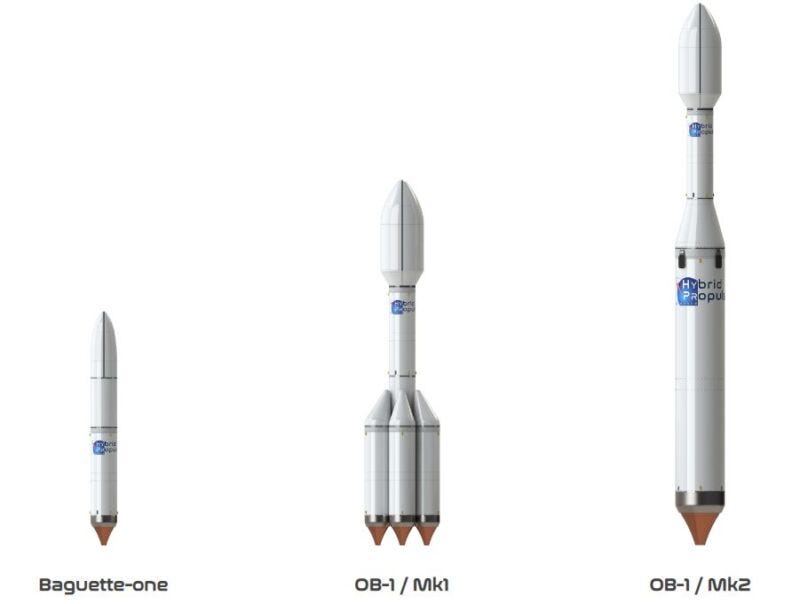Moonshot #11
Axiom raises $350 million, Virgin Galactic's second successful commercial spaceflight, Rocket Lab wins some new contracts, and much more!
Hello Continuum readers and Celestial Citizens,
Welcome back to Moonshot where we will give a bi-weekly rundown of all the private sector space news. If you haven’t already, consider becoming a paid subscriber ($6/month) so you can get past that pesky paywall and read the full Moonshot post!
And here is the commercial space beat…

Virgin Galactic – Branson-led Virgin Galactic conducted its second successful commercial spaceflight on August 10, its first shuttling space tourists. Though the company was quick to assign a superlative of “the most female astronauts flying to space in a single mission,” technically the VSS Unity’s maximum height is a few miles short of the officially recognized space boundary. While some have turned to calling out these costly flights as being glorified high-altitude airplane rides, others recognize them as valuable stepping stones to a bright future of space tourism. Perhaps we have a pot-ay-to pot-ah-to situation on our hands. All we know is: when it comes to a more inclusive space industry, we’re all for it.
BlackSky & Rocket Lab – On August 8th, Seattle and Virginia-based geospatial intelligence provider BlackSky announced the purchase of five Electron launches with its favorite partner, Rocket Lab. All five flights – each of which averages around $7.5 million – will carry BlackSky’s Gen-3 imaging satellites to orbit starting in 2024. This new line of satellites promises sharper images, leveling up from the company’s former series of Gen-2 satellites – a jump from a one-meter resolution to 35 centimeters, respectively. Rocket Lab launched the last two Gen-2 satellites for its most faithful customer back in March.
Rocket Lab – Speaking of good news for Rocket Lab, the Long Beach-based company recently won a contract with NASA to launch a pair of Earth science cubesats next year. The cubesats are part of the space agency’s PREFIRE mission, which stands for Polar Radiant Energy in the Far-Infrared Experiment, intended to measure far infrared (FIR) emissions from polar regions and inform NASA on “the role of FIR radiation in Arctic warming, sea ice loss, ice sheet melt, and sea level rise,” according to the mission’s website. Though NASA’s announcement on August 14th did not include a launch date or vehicle, Rocket Lab disclosed these satellites will be deployed in May 2024 via Electron rockets. Looking ahead, a facility that Rocket Lab acquired at auction during Virgin Orbit’s bankruptcy sale holds promise for the company’s Neutron rocket. At a mere $16.1 million, the purchase likely saved Rocket Lab nearly $85 million, as a new facility could have cost around $100 million. Close to its existing infrastructure in Long Beach, the Virgin Orbit relic will ideally help Rocket Lab scale up operations on its newer Neutron rocket.
Axiom – Making some big money moves this week, the Houston-based space company Axiom announced this morning that they have raised $350 million in a round led by Saudi-owned Aljazira Capital and Korean health-care investment firm Boryung. The company said that these funds will support further development of human spaceflight technologies including a commercial space station and a lunar spacesuit — of which they have already secured more than $2 billion in customer contracts to date.

HyPrSpace & Precious Payload – Say hello to space’s first Orbital Baguette. Fittingly, this “OB-1” rocket is brought to you by French startup HyPrSpace, who is working with satellite-pairing platform Precious Payload to launch its first flight in 2026. HyPrSpace’s most valuable asset seems to be their hybrid engines, which are not only non-explosive but also agreeable with greener fuels like recycled HDPE. Despite their engines being so specialized, the aerospace startup claims to be able to offer launches at a fraction of the price of competing micro-launchers due to their rocket’s simplified//minimalist design. As big fans of efficient, eco-friendly space travel – and also a classic jambon-beurre – we look forward to this newcomer’s inaugural launch.
Telesat – In the construction of an LEO broadband satellite constellation known as Lightspeed, Canadian satellite operator Telesat made a money and time saving switch to smaller satellites. Originally hoping to launch 298 satellites in 2020, Telesat conceded to drop their constellation count to 198 after their original contractor, Thales Alenia Space, ran into pandemic-caused supply chain delays. Now, after dropping Thales Alenia Space’s analog antennas for digital ones with new partner MDA, Telesat has the funds to begin services in late 2027. If all goes well, Telesat may even be able to (eventually) expand their constellation to their original goal of 298 satellites.

Intelsat – In these skies, it’s a battle for frequency. After the FCC auctioned off the coveted C-band frequency to telcos like Verizon – ensuring faster connection speeds for terrestrial 5G networks – the agency also offered incentives to satellite operators to clear the C-band spectrum before its December 2025 deadline. Luxembourg-based satellite services provider Intelsat took the FCC up on the challenge and is now set to receive $3.7 billion in incentive payments later this year because of its ability to clear the spectrum in June. Intelsat CEO has noted that part of this incentive cash will go towards the company’s approximately $7 billion in debt.
Intuitive Machines – The race to become the first private lunar lander is still on, and major player Intuitive Machines now sits at the ready for a November launch window. As much as the Texas-based company wants (needs?) this, they’re doing their best not to get their hopes up in regard to the schedule. “With the congestion for launches using pad 39A at Kennedy Space Center,” the company’s chief executive points out, “we recognize that higher-priority missions are always possible.”
AST SpaceMobile – Direct-to-device satellite provider AST SpaceMobile just announced fundraising to the tune of $115 million, and a scheduled launch of their first five commercial satellites early next year with SpaceX. The Texas-based company also raised $64 million previously by selling equity and may have more funding down the line from investor deals still in the works. All of this cash will go towards its planned 90-satellite broadband service, which will eventually provide its partners with consistent service; however, in the meantime, AST SpaceMobile intends to provide intermittent coverage to certain clients via their first five satellites next year.
Keep reading with a 7-day free trial
Subscribe to Celestial Citizen to keep reading this post and get 7 days of free access to the full post archives.



